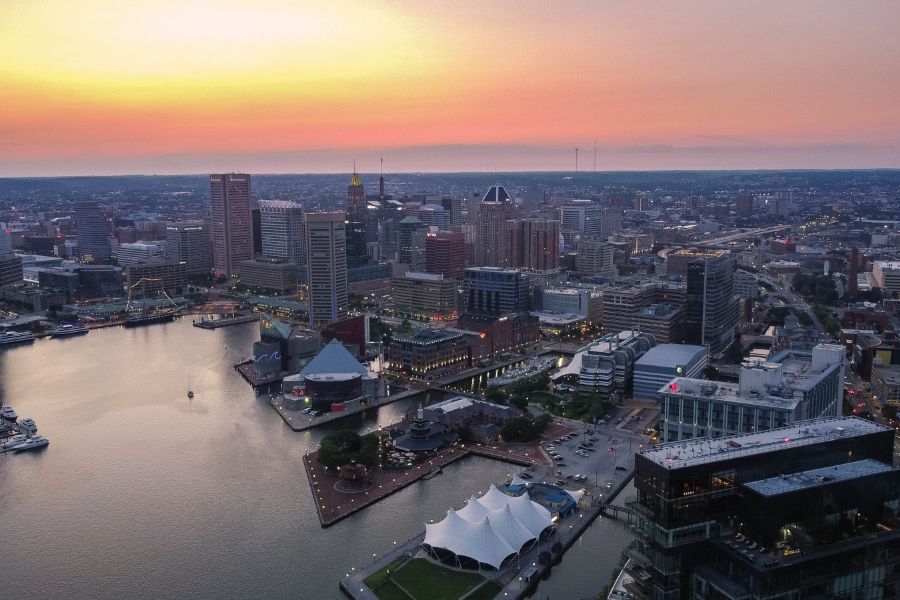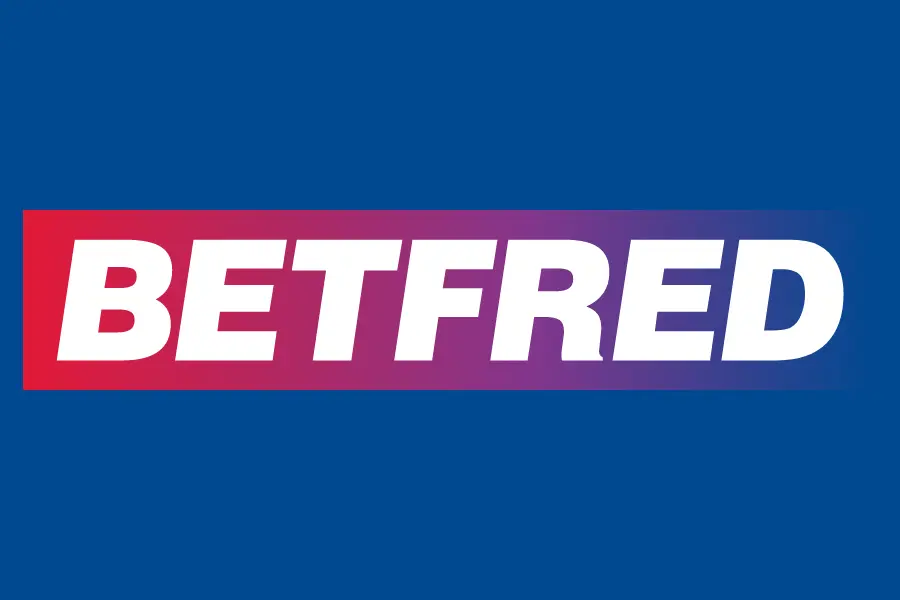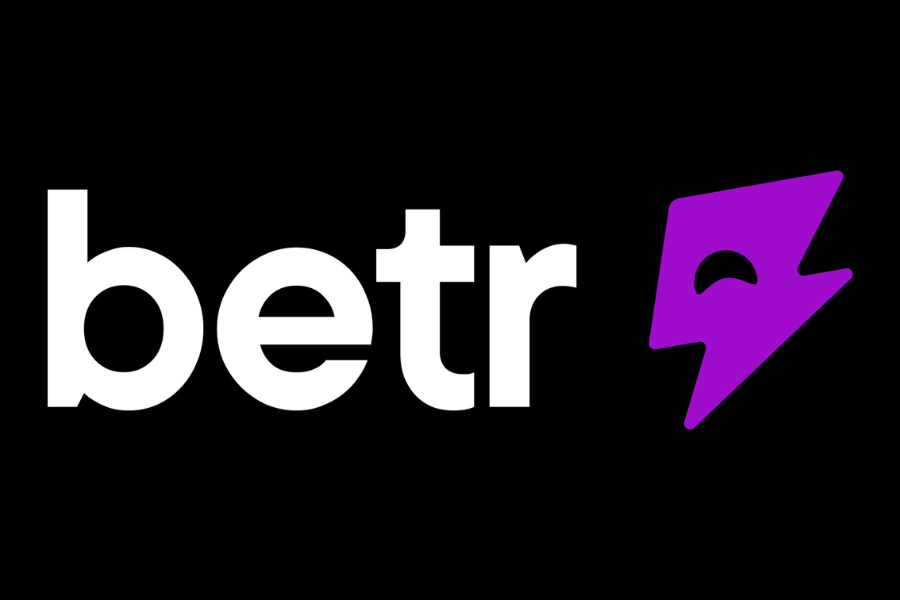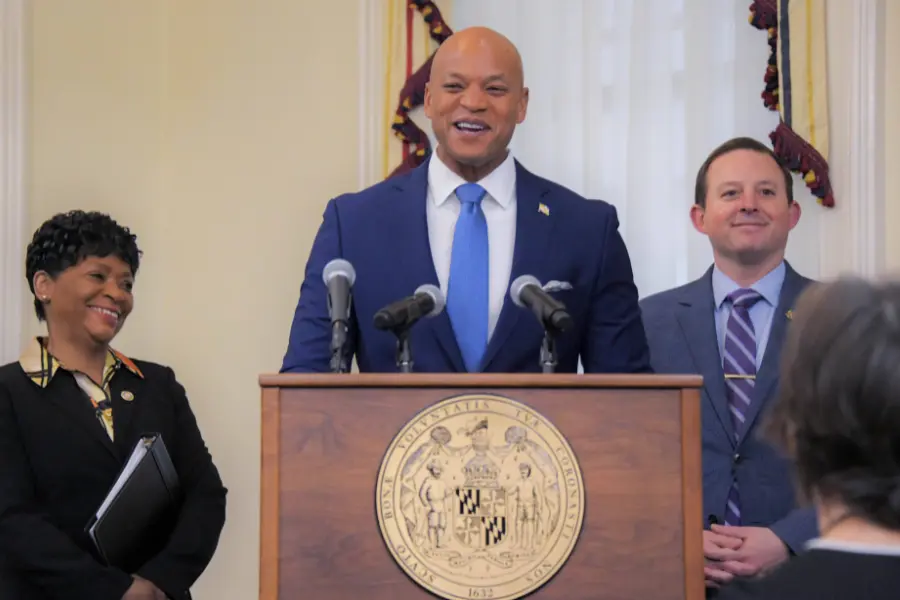Last week’s meeting of the Maryland Lottery & Gaming Control Commission accomplished that task.
First, Agency Director John Martin explained that 10 months into the state’s Fiscal Year 2023 which ends on June 30, the sports betting wagering handle of $2.3 billion has led to $17.7 million in gambling taxes collected by the state.
From those numbers, Martin extrapolated a full-fiscal-year total of “around $20 million.”
In many cases, official predictions of the money raised from various gambling expansions turn out to be overblown – but not in this case.
Martin recalled that as legislators discussed legalization efforts, the projection for sports wagering taxes “once all licensees were up-and-running – and we are far from that today – would be between $25 million and $30 million annually.
“We are on pace to meet that contribution goal in [Fiscal Year] ’24 [ending June 30, 2024].”
Lottery anniversary
Last Wednesday was the 50th anniversary of the launch of the Maryland State Lottery, and Stanley Fine – who was an executive on the commission at that time – checked in to provide some context.
Fine said that the excitement over the new gambling product was such that 10,000 residents came to Hopkins Plaza in downtown Baltimore to enjoy the ceremony.
The state collected $10 million in taxes in the first year of sales, and Fine said the lottery was just getting started. The annual addition of new games, including 50-cent games and the three-digit Pick-3 games, accelerated the state’s tax intake.
By 1978, Fine said, that tax revenue number from sales of lottery tickets had ballooned to $120 million.
Maryland’s first casino opened in Perryville in 2010, and the state now has 15 such facilities. The Hollywood Casino Perryville is less than two hours away from Atlantic City, where some eastern Maryland residents had been visiting for weekend getaways for more than 30 years.
Combining the lottery and casinos, tax revenue in Maryland in Fiscal Year 2022 climbed to a remarkable $1.51 billion.
More gambling on the way
And while Maryland sports betting numbers are dwarfed by those bigger money-makers, Martin’s comments on how sports betting is far from a mature market yet in Maryland were underscored by further commission action last week.
Parx Interactive, a subsidiary of Greenwood Gaming & Entertainment, already operates in Pennsylvania, New Jersey, and Michigan. That presumably smoothed the process in gaining approval to be the sports wagering facility operator for retail sportsbooks at a pair of Greene Turtle sports bars.
The Greene Turtle brand has more than three dozen locations open in Maryland as well as Delaware and New Jersey, but the Parx licenses will be for planned new facilities in the Canton section of Baltimore and in the city of Towson.
Those locations already had been approved as sports wagering facilities by state regulators in February, so all that is left is a “test run” for gaming control officials to confirm that all required regulations are properly in place.
The same goes for United Kingdom-based Bee-Fee, which last week was approved for a sports wagering operator license. Bee Fee will run mobile sports betting operations for Veterans Services Corporation.
Maryland currently has 10 retail and nine mobile sportsbooks in operation, but another dozen or so applicants have received preliminary approval.
How big can the state’s sports betting industry get? Maryland’s sports betting law in effect places no limits, given that up to 60 mobile licenses can be awarded along with 47 brick-and-mortar sportsbook licenses.
In nearby New Jersey, a larger state in population and with a much richer gambling history, there are 12 retail sportsbooks – one at each of Atlantic City’s three casinos and at each of the state’s three racetracks – and two dozen mobile sportsbooks. While the state limits retail sportsbooks to only those 12 locations, the marketplace in effect decides how many mobile sportsbooks there will be.
While New Jersey allows for up to 36 total mobile sportsbooks, after five years there are only 27 such operators. That means any company seeking to get in on mobile sports betting in Maryland clearly will have such an opportunity.





